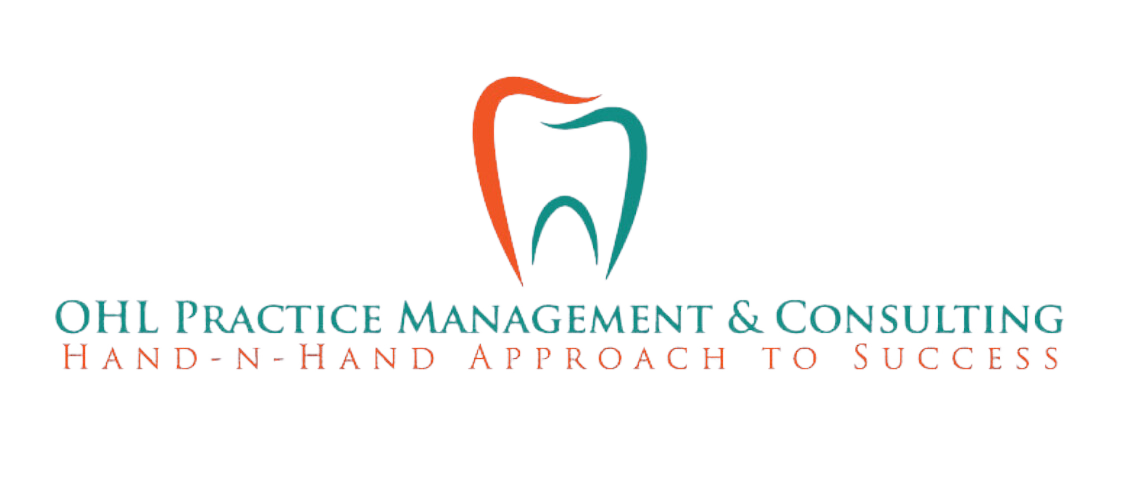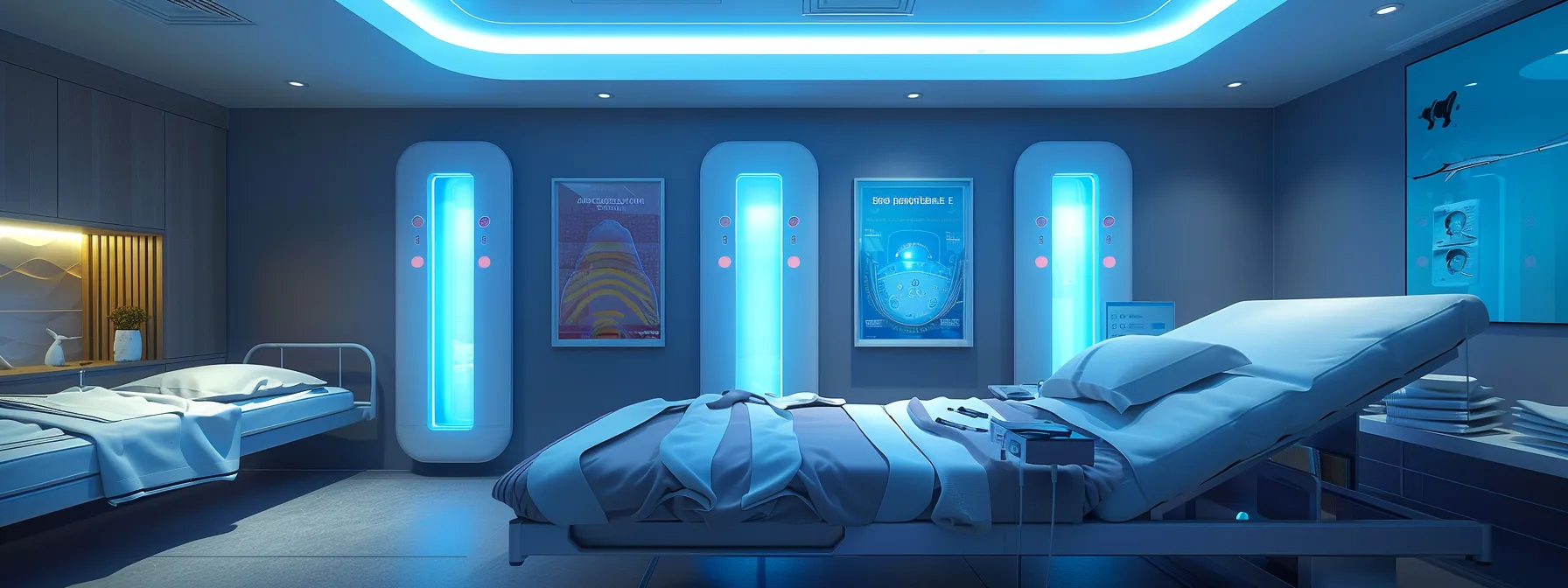Sleep apnea affects millions, but many are unaware they have it. This article explores comprehensive solutions, combining dental sleep medicine and lifestyle changes. We’ll cover the impact of sleep apnea, dental approaches to treatment, and practical lifestyle adjustments.
By understanding these options, readers can take steps towards better sleep and improved overall health. Whether you’re struggling with sleep or want to support a loved one, this guide offers valuable insights for managing sleep apnea effectively.
Key Takeaways
- Sleep apnea affects overall health, requiring timely diagnosis and treatment by board-certified specialists
- Dental sleep medicine offers effective alternatives to CPAP, including customized oral appliances
- Lifestyle changes, such as weight management and exercise, complement medical treatments for sleep apnea
- Collaborative care involving multiple health professionals ensures comprehensive sleep apnea management
- Patient success stories demonstrate the effectiveness of integrated approaches to treating sleep apnea
Understanding Sleep Apnea and Its Impacts
Sleep apnea affects brain function and overall health, making proper diagnosis crucial. This section explores common symptoms, risk factors, and the importance of seeking professional evaluation. Understanding these aspects helps patients and hygienists recognize potential issues, leading to timely interventions and improved outcomes. Patients may request appointment with board-certified specialists who play a key role in accurate diagnosis and treatment planning.
Identifying Common Symptoms of Sleep Apnea
Sleep apnea symptoms often include loud snoring, gasping for air during sleep, and daytime fatigue. Patients may experience morning headaches, dry mouth, and difficulty concentrating. Dentists can spot signs of teeth grinding or a recessed jaw, which may indicate sleep apnea.
Regular check-ups allow for early detection and potential referral to a sleep specialist. Some patients benefit from custom mouthguards to address both teeth grinding and sleep apnea, potentially reducing out-of-pocket costs if covered by insurance.
Recognizing Risk Factors for Sleep Apnea
Several factors increase the risk of developing sleep apnea. Obesity, age, and male gender are common contributors, while certain facial structures and neck circumference also play a role. Individuals with a family history of sleep apnea or those who smoke face higher risks.
Medical conditions like high blood pressure and diabetes can exacerbate breathing issues during sleep. Understanding these risk factors helps patients and dental professionals identify potential sleep apnea cases early, prompting timely requests for appointments with sleep medicine specialists to address severe obstructive sleep concerns.
The Importance of Seeking a Diagnosis
Seeking a timely diagnosis for sleep apnea is crucial for protecting overall health and improving quality of life. The American Academy of Neurology emphasizes the importance of proper evaluation, as untreated sleep apnea can lead to serious health complications.
A board-certified sleep specialist can conduct thorough assessments and recommend appropriate treatment options, which may include dental appliances or lifestyle modifications. By prioritizing early diagnosis, patients can take proactive steps to address their sleep issues and potentially avoid more severe health consequences down the line.
Exploring Dental Sleep Medicine Approaches
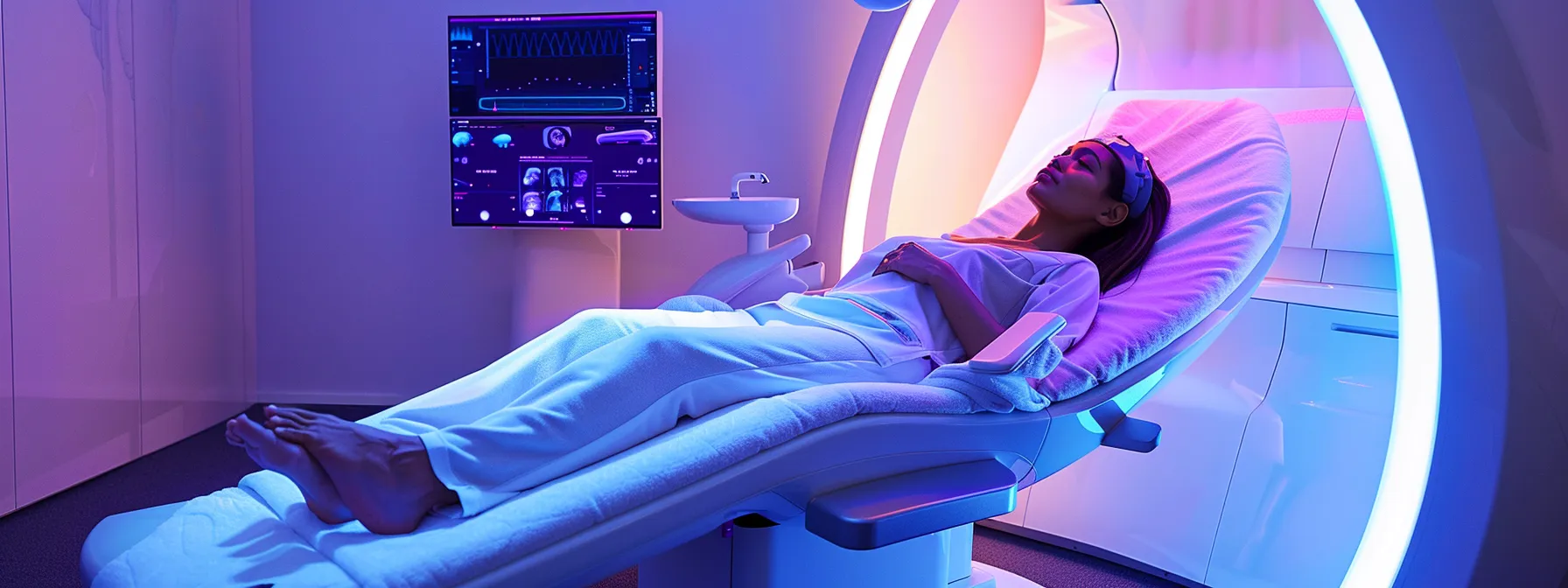
dental sleep medicine offers effective solutions for sleep apnea. This approach combines dental expertise with sleep science, using oral appliances to address upper airway resistance. Dental specialists with advanced training in orthodontics and sleep disorders provide customized treatments. These methods can help manage insomnia and improve overall sleep quality, offering patients alternatives to traditional CPAP therapy.
How Oral Appliances Work for Sleep Apnea Solutions
Oral appliances serve as effective sleep apnea solutions, offering an alternative to the gold standard CPAP therapy. These custom-fitted devices, crafted by prosthodontics experts, work by repositioning the jaw and tongue to maintain an open airway during sleep.
Dental sleep medicine clinics provide these appliances, which can be covered by Medicare in some cases, making them accessible to more patients. For dental practices, integrating oral appliance therapy into their service offerings can expand their business and provide comprehensive care for sleep apnea patients.
Benefits of Working With a Dental Sleep Specialist
Working with a dental sleep specialist offers numerous benefits for patients seeking effective sleep apnea solutions. These qualified professionals provide comprehensive therapy options, including custom oral appliances and sleep airway transformation techniques.
Patients can request an appointment to discuss their specific needs, which may include addressing related issues like gastroesophageal reflux disease. Dental sleep specialists combine their expertise in oral health with specialized knowledge of sleep disorders, ensuring a holistic approach to treatment:
Different Types of Oral Appliances Available
Dental sleep medicine offers various oral appliances to address sleep apnea, each designed to suit different patient needs. The American Academy of Dental Sleep Medicine (AADSM) recognizes several types of devices, including mandibular advancement appliances and tongue-retaining devices.
These appliances work by repositioning the jaw or tongue to maintain an open airway during sleep, potentially reducing pain and discomfort associated with sleep disorders. Ongoing research in dental sleep medicine continues to improve the effectiveness and comfort of these devices:
- Mandibular advancement devices
- Tongue-retaining devices
- Combination therapy appliances
- Custom-fitted vs. over-the-counter options
Lifestyle Adjustments to Improve Sleep Quality

Lifestyle changes can significantly improve sleep quality and reduce sleep apnea symptoms. Creating a sleep-friendly environment, managing weight effectively, incorporating exercise, and making dietary adjustments all play crucial roles. These strategies can help address snoring, hypertension, and sleep deprivation, ultimately enhancing overall quality of life. By implementing these practical approaches, individuals can complement dental sleep medicine treatments and achieve better sleep health.
Creating a Sleep-Friendly Environment
Creating a sleep-friendly environment is crucial for improving sleep quality and managing sleep apnea symptoms. Patients can enhance their sleep hygiene by optimizing their bedroom setup, which includes maintaining a cool temperature, using blackout curtains, and investing in a comfortable mattress and pillows.
Learning about proper sleep positioning and implementing relaxation techniques can also contribute to better sleep outcomes. Board-certified pulmonologists often emphasize the importance of patient education and adherence to these lifestyle adjustments for long-term success in managing sleep disorders:
- Maintain a consistent sleep schedule
- Limit exposure to blue light before bedtime
- Use white noise machines or earplugs to minimize disturbances
- Keep the bedroom clutter-free and reserved for sleep
- Practice relaxation techniques before bed
Effective Weight Management Techniques
Effective weight management plays a crucial role in addressing sleep apnea symptoms. Patients can work with their dental professionals to develop personalized strategies that align with American Dental Association guidelines.
These approaches often focus on dietary changes and increased physical activity, which can help reduce headaches and improve occlusion. Dental sleep specialists can develop the skill to guide patients through weight management techniques that complement their sleep apnea treatment:
The Role of Exercise in Managing Sleep Apnea
Exercise plays a crucial role in managing sleep apnea and improving overall health. Regular physical activity can help reduce blood pressure, promote weight loss, and enhance sleep quality. Health care professionals often recommend incorporating exercise into sleep apnea management plans, as it can lead to better exam results and reduced symptoms of poor sleep. Patients are encouraged to engage in a variety of activities that suit their fitness levels and preferences:
- Aerobic exercises like walking, swimming, or cycling
- Strength training to build muscle and boost metabolism
- Yoga or tai chi for relaxation and breathing techniques
- High-intensity interval training for efficient workouts
- Outdoor activities to improve overall well-being
Dietary Changes to Support Sleep Health
Dietary changes can significantly support sleep health and help manage sleep apnea symptoms. Reducing caffeine and alcohol intake, especially in the hours leading up to bedtime, can improve sleep quality. Incorporating foods rich in melatonin, such as cherries and nuts, may promote better sleep patterns. Patients can take a simple online quiz to assess their current diet and receive personalized recommendations for sleep-friendly food choices.
Alternative Non-Invasive Treatment Options
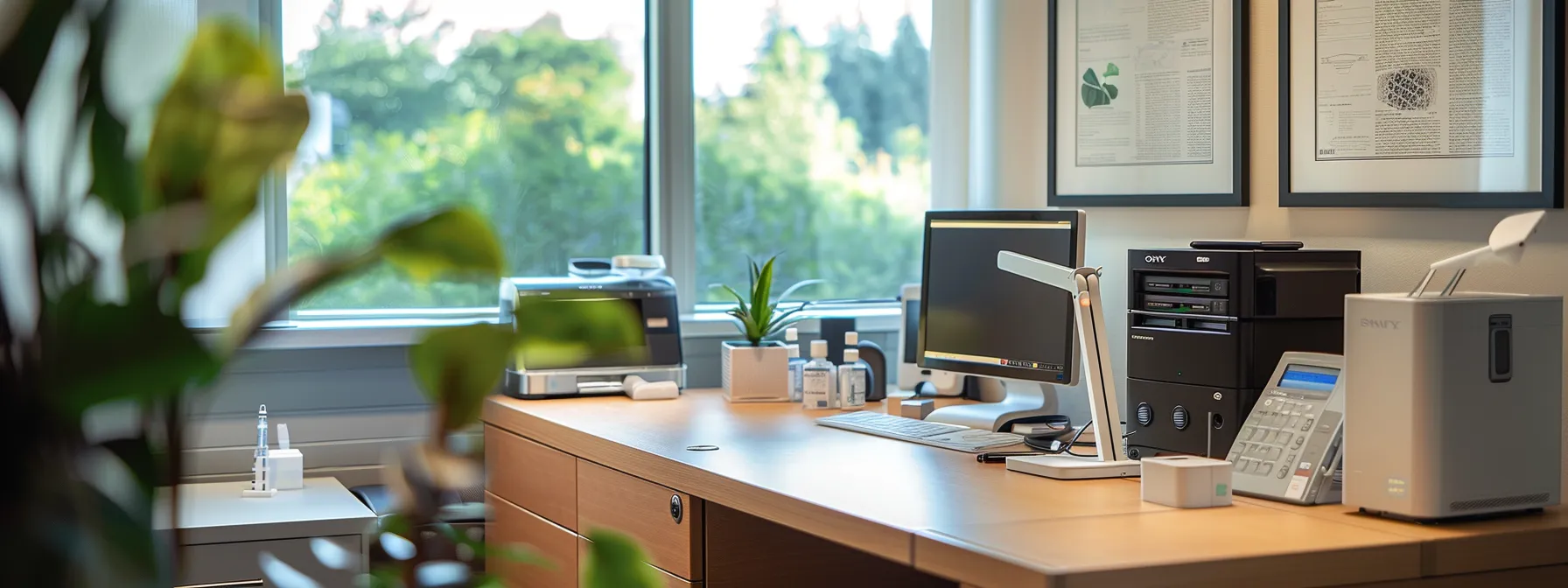
Non-invasive treatments offer effective alternatives for sleep apnea patients. This section explores CPAP therapy and its alternatives, highlighting how positional therapy can improve sleep quality. It also delves into behavioral techniques that enhance sleep patterns. These approaches provide patients with diverse options to address their sleep concerns without surgical intervention.
Overview of CPAP Therapy and Its Alternatives
CPAP therapy remains a primary treatment for sleep apnea, but alternatives have emerged for those seeking different options. Dental sleep medicine specialists offer oral appliances as an effective alternative, particularly for patients with mild to moderate sleep apnea.
These custom-fitted devices can be more comfortable and portable than CPAP machines. Other non-invasive alternatives include positional therapy devices, which help maintain optimal sleeping positions, and innovative nerve stimulation techniques. Patients can explore these options with their healthcare providers to find the most suitable treatment:
- Oral appliances for jaw repositioning
- Positional therapy devices
- Nerve stimulation techniques
- Combination therapies
- Lifestyle modifications
Impact of Positional Therapy on Sleep Apnea
Positional therapy offers an effective, non-invasive approach for managing sleep apnea. This method involves using specialized devices or techniques to encourage patients to sleep on their sides, reducing airway obstruction and snoring.
Many individuals find positional therapy more comfortable and easier to adopt than CPAP machines. Studies have shown that positional therapy can significantly improve sleep quality and reduce apnea events in patients with positional obstructive sleep apnea. Dental sleep specialists often recommend this approach as part of a comprehensive treatment plan:
- Side-sleeping pillows
- Positional alarms
- Wearable devices
- Tennis ball technique
- Body positioners
Behavioral Therapy Techniques for Sleep Improvement
Behavioral therapy techniques offer effective strategies for improving sleep quality in patients with sleep apnea. Cognitive Behavioral Therapy for Insomnia (CBT-I) helps individuals address negative thought patterns and behaviors that interfere with sleep.
Sleep hygiene education teaches patients to establish consistent bedtime routines and create optimal sleep environments. Relaxation techniques, such as progressive muscle relaxation and guided imagery, can reduce anxiety and promote better sleep. These non-invasive approaches complement dental sleep medicine treatments, providing patients with comprehensive tools to manage their sleep apnea symptoms.
Collaborative Approaches in Sleep Apnea Management
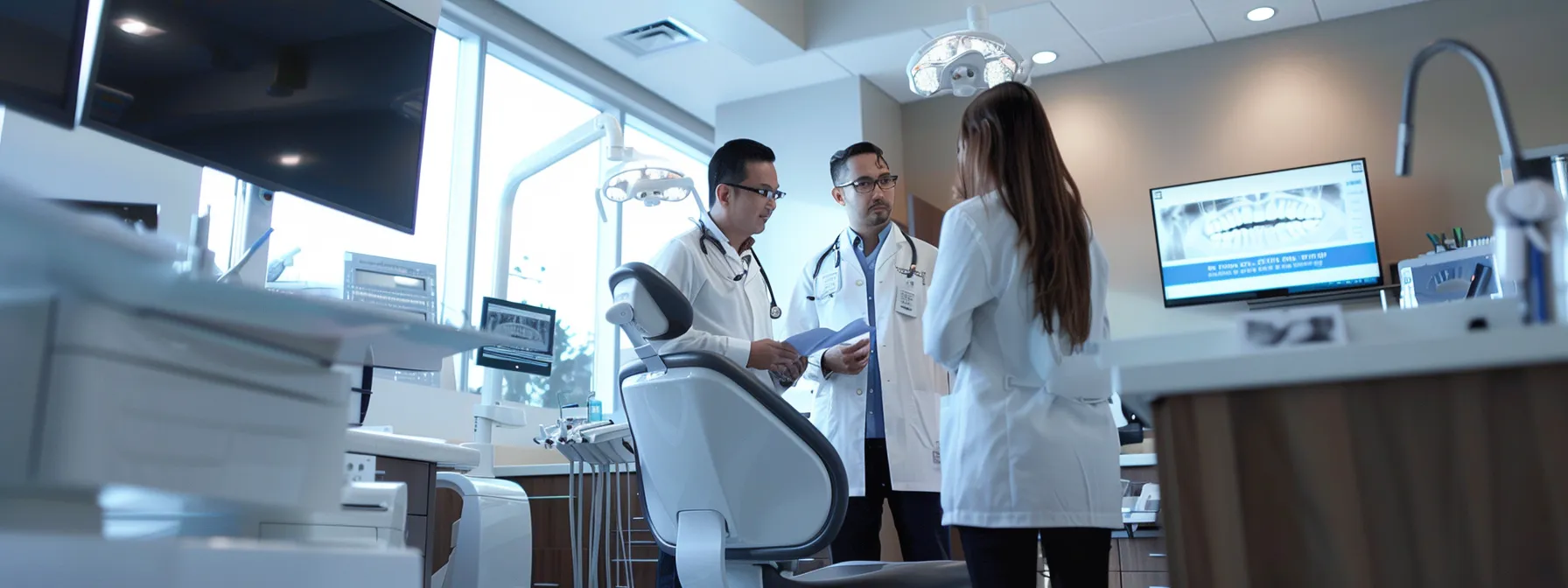
Effective sleep apnea management requires a collaborative approach. Health professionals from various disciplines work together to provide comprehensive care, combining dental expertise with medical knowledge. This integrated strategy ensures patients receive tailored treatments and ongoing support. Regular monitoring and adjustments are crucial for long-term success, allowing healthcare teams to fine-tune interventions based on individual progress and changing needs.
Integrating Care From Various Health Professionals
Integrating care from various health professionals is crucial for effective sleep apnea management. Dental sleep specialists collaborate with sleep physicians, ENT doctors, and primary care providers to create comprehensive treatment plans. This team approach ensures patients receive tailored interventions that address all aspects of their sleep health. By combining expertise from different fields, healthcare teams can offer more effective solutions and improve overall patient outcomes:
Importance of Ongoing Monitoring and Adjustments
Ongoing monitoring and adjustments are crucial for effective sleep apnea management. Dental sleep specialists work closely with patients to track progress and make necessary modifications to oral appliances or treatment plans.
Regular follow-up appointments allow for fine-tuning of devices and assessment of symptom improvement. This continuous care approach ensures that patients receive optimal results and can address any new concerns promptly.
Conclusion
Comprehensive approaches to sleep apnea solutions, integrating dental sleep medicine and lifestyle adjustments, offer effective alternatives to traditional treatments. By combining customized oral appliances with targeted lifestyle changes, patients can experience significant improvements in sleep quality and overall health.
Collaborative care involving dental sleep specialists, physicians, and other healthcare professionals ensures tailored treatment plans that address individual needs and optimize outcomes. This holistic approach not only manages sleep apnea symptoms but also empowers patients to take control of their sleep health, leading to enhanced quality of life and long-term wellness.
Here’s how we help:
- Customized Integration Plans: Tailored strategies to fit your practice’s unique needs.
- Staff Training & Education: Empower your team with the skills to succeed.
- Medical Billing Support: Navigate insurance and maximize reimbursements.
- Marketing Assistance: Reach the right patients and grow your sleep practice.
- Ongoing Mentorship: Continuous support as your program expands.
Don’t let uncertainty hold you back. Schedule a consultation today and start building a thriving dental sleep practice with Ohl Consulting!
